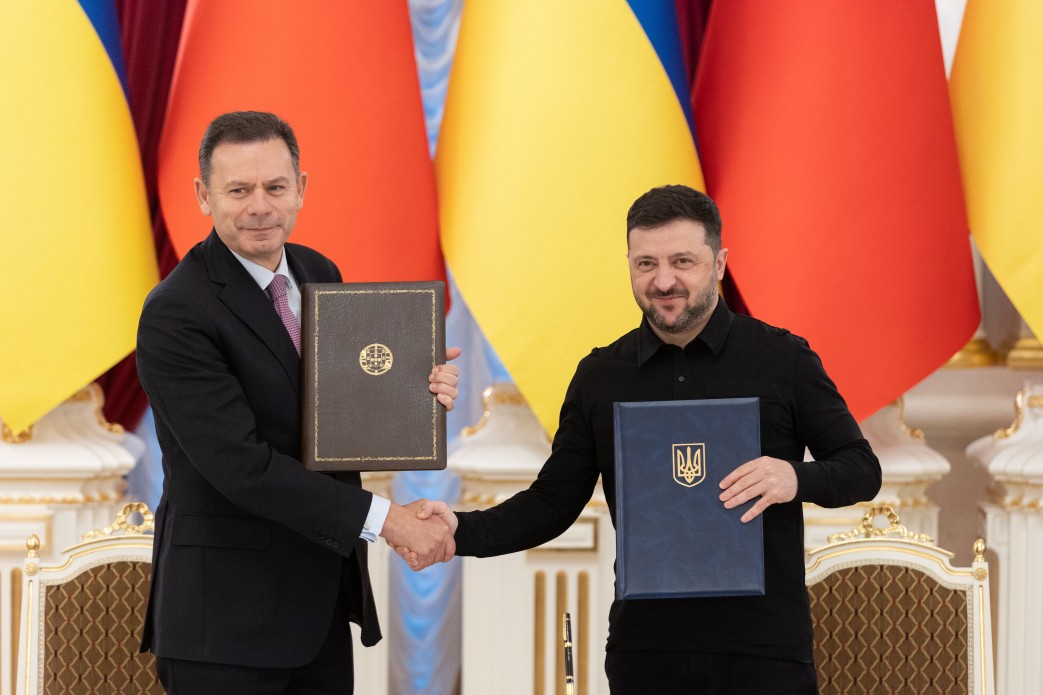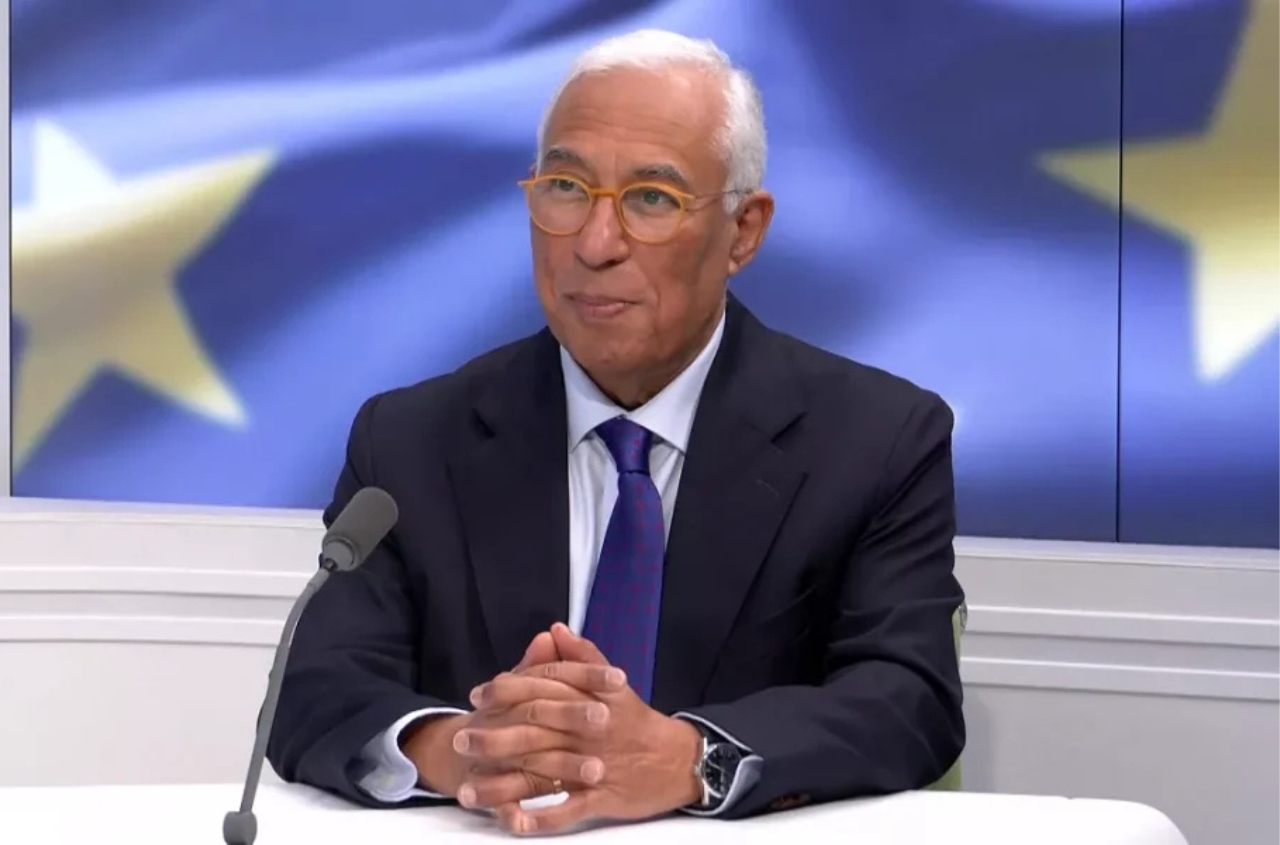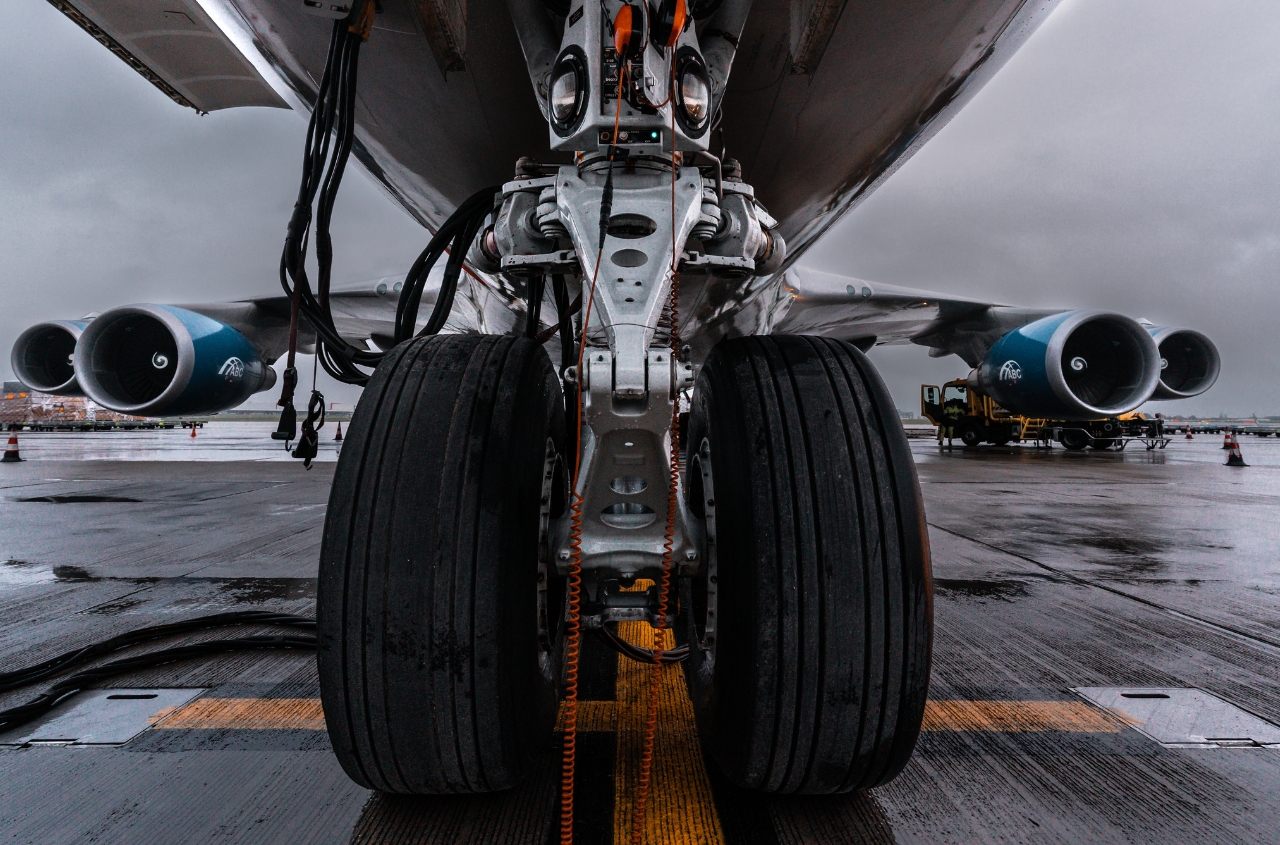The European Union is spending more money on Russian fossil fuels than on financial aid to Ukraine, according to a report by the Center for Research on Energy and Clean Air (CREA), marking the third anniversary of Russia's full-scale invasion.
CREA's Key findings
-
In the third year of the invasion, Russia earned EUR 242 bn from global fossil fuel exports, a 3% year-on-year-drop; EUR 104 bn from crude oil, EUR 75 bn from oil products, EUR 40 bn from gas and EUR 23 bn from coal.
- Despite a host of sanctions, Russian revenues in the third year have dropped by a mere 8% compared to the year prior to the invasion of Ukraine. Since the invasion, Russia has earned an estimated EUR 847 bn from fossil fuels exports globally.
- The EU paid EUR 21.9 bn for Russian fossil fuel imports in the third year of the invasion, a mere 1% year-on-year reduction in volume. The EU’s Russian imports in the third year of the invasion surpassed the EUR 18.7 bn of financial aid sent to Ukraine in 2024.
- The effect of sanctions on Russian Urals grade crude was 70% lower in the third year than the year prior, with sanctions slashing revenues by 6%, totalling EUR 2.6 bn. This is mainly due to Russia’s increased use of ‘shadow’ tankers to transport oil to its new markets, enabling it to bypass the oil price cap.
- Russia relied on 558 Russian ‘shadow’ vessels to transport 61% of its total seaborne oil exports, valued at EUR 83 bn in the third year of the invasion.
- Despite a range of sanctions, EU Member States spent EUR 7 bn on Russian LNG in the third year of the invasion, with volumes rising by 9% year-on-year.
- G7+ countries imported EUR 18 bn worth of oil products from six refineries in India and Turkey of which an estimated EUR 9 bn was refined from Russian crude. Their imports of oil products made from Russian crude generated an estimated EUR 4 bn in tax revenues for Russia.
- Stronger sanctions countering Russian circumventions and targeted towards growing revenue streams can slash Russian fossil fuel export revenues by EUR 51 bn annually, effectively cutting earnings by 20%.
CREA’s analysis finds that tighter sanctions can slash Kremlin revenues by more than EUR 50 billion annually (20%).
"Since the beginning of the war in Ukraine, Europe has made significant progress in terms of energy independence. Imports of Russian oil and gas have decreased substantially, with gas imports dropping from 45% in 2021 to 18% in 2024. However, a quarter of Russia’s fossil fuel export revenues still come from Europe. CREA’s report shows us possible pathways to further weaken Russia’s ability to turn fossil fuels into a source of funding for its war. Now more than ever is the time for Europe to eliminate completely any dependence on Russian fossil fuels, while heavily investing in energy efficiency and renewable energy sources, at home and abroad," said Thomas Pellerin-Carlin, MEP, S&D




















